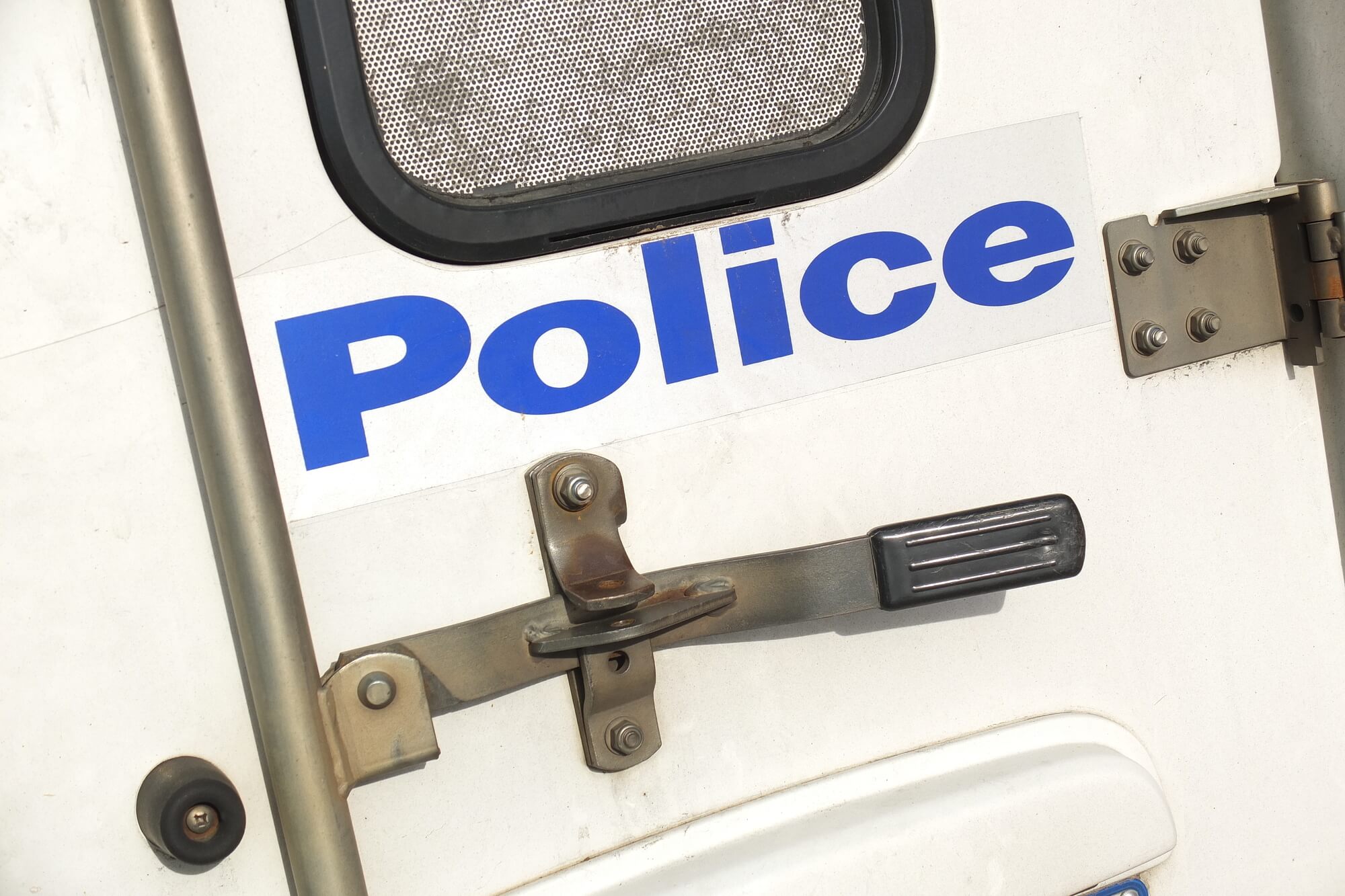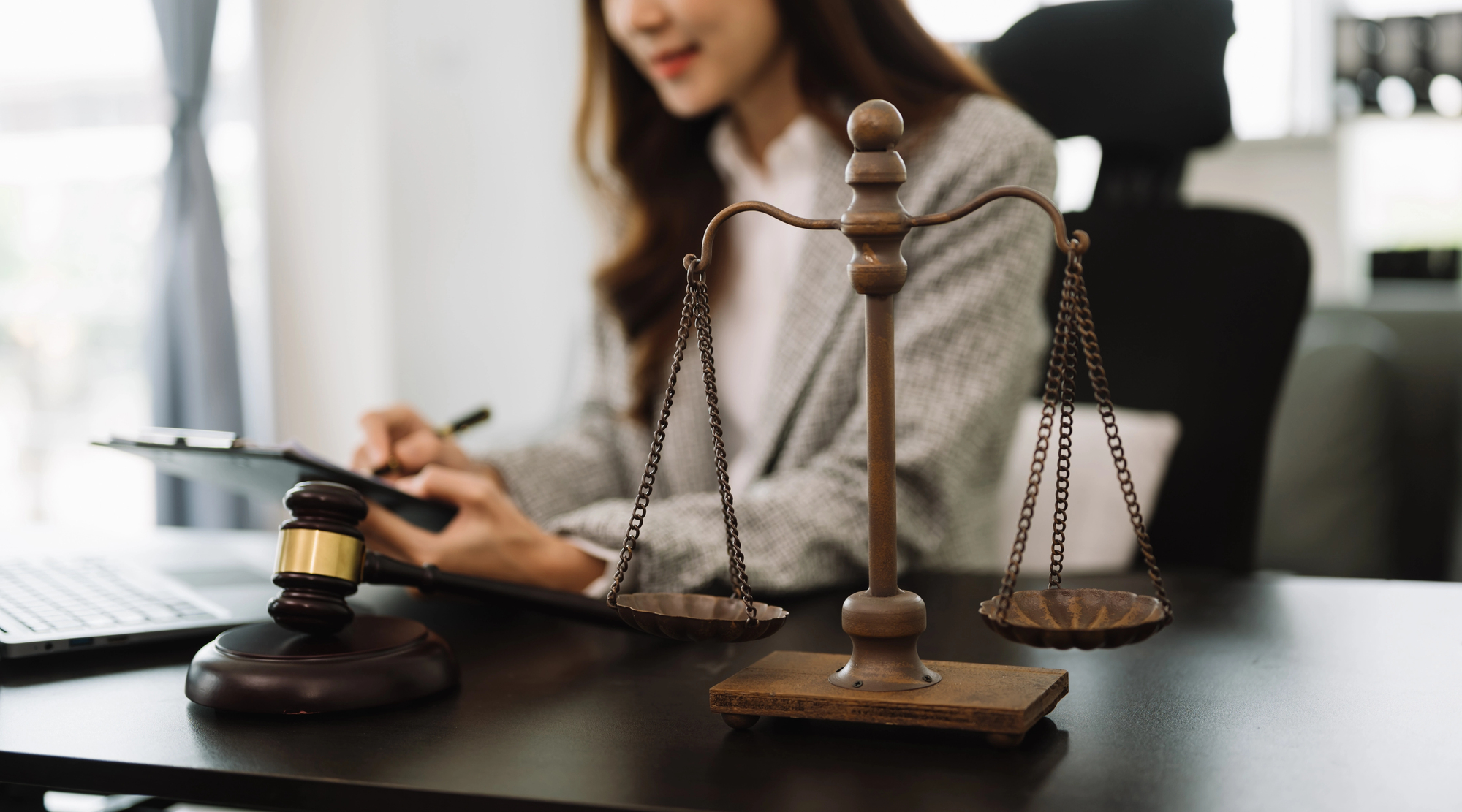 September 1, 2025
September 1, 2025
When you’re facing criminal charges, one of the most important decisions you’ll make is choosing the right lawyer. The outcome of your case can affect your freedom, reputation, and future opportunities. While it may be tempting to rush into hiring the first lawyer you find, taking the time to carefully select the right legal representative can make all the difference.
| Factor to Check | Why It Matters | What to Look For |
| Experience | More experience means better advice and strategy | Years in criminal law, number of similar cases |
| Local Knowledge | Local lawyers know the courts and judges | Based on the Central Coast |
| Communication | You need to understand your case clearly | Explains in plain language |
| Availability | You want help when you need it | Quick response, easy to contact |
| Track Record | Past success shows skill | Wins, reduced charges, good client reviews |
This guide will walk you through why your choice of lawyer matters, the key qualities to look for, the questions to ask before you decide, and the red flags to avoid, so you’ll have a clear roadmap for choosing the right criminal lawyer on the Central Coast.
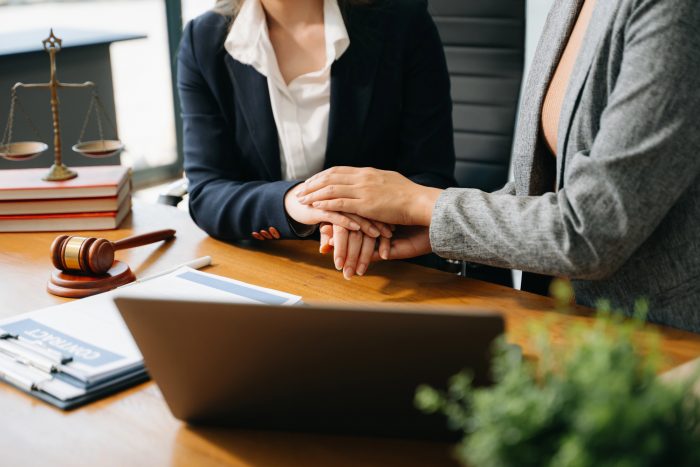
An inexperienced or unprepared lawyer can seriously weaken your defence. Some of the common consequences include:
On the other hand, the right lawyer brings expertise and reassurance:
When you work with an experienced criminal lawyer, you aren’t just hiring someone to show up in court, you’re gaining an advocate who knows how to protect your rights at every step.
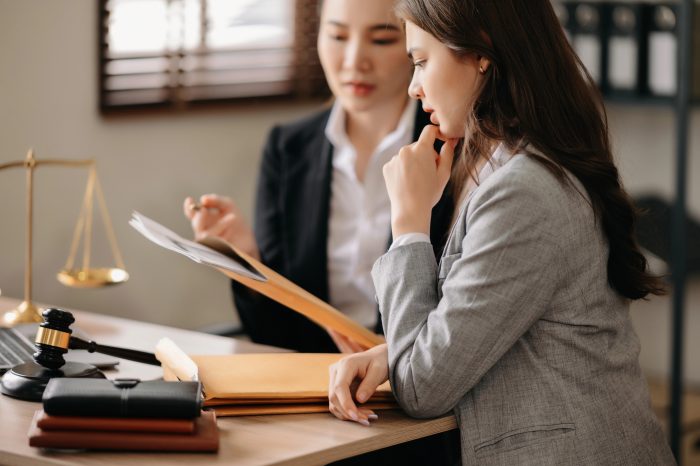
Not every lawyer who advertises criminal law services will be the right fit for your case. While many professionals are trustworthy and capable, there are situations where you may come across lawyers who are inexperienced, unprepared, or simply not attentive to their clients. Recognising the warning signs early can save you time, money, and additional stress.
When you’re under pressure to find representation quickly, it’s easy to overlook small signals that might indicate bigger issues later on. That said, be cautious if you notice:
Not all lawyers are the same. A specialist in criminal law is far better equipped than a generalist. Criminal law involves its own set of rules, language, and strategies. Choosing someone who regularly handles cases like yours gives you a higher chance of a successful defence.
The Central Coast has its own court culture and procedures. Lawyers familiar with local magistrates, judges, and prosecutors can navigate the system more effectively. This insight can help resolve cases faster and sometimes more favourably.
For example, a lawyer who knows how a particular magistrate approaches sentencing can tailor their submissions accordingly. That local knowledge could make a tangible difference in the outcome.
Good communication is essential. Your lawyer should explain complex terms in plain English, keep you updated, and respond promptly to your concerns. Clear communication reduces stress and ensures you always know where your case stands.
Research matters. Check reviews, ask for references, and look at past cases. A lawyer with proven results in matters similar to yours is more likely to provide the defence you need. Testimonials can also give insight into how they treat their clients.
Online reviews, while not the only factor, can highlight strengths (like responsiveness) or weaknesses (like lack of follow-through) that aren’t obvious at first meeting.
Beyond qualifications, trust and comfort matter. You should feel confident sharing personal details with your lawyer, knowing they will treat you with respect and discretion. A strong personal connection helps build a cooperative defence strategy.
Criminal cases often involve sensitive details, and being able to openly discuss them with your lawyer is crucial.
Before committing, ask prospective lawyers the following:
Asking these questions up front ensures you have a realistic picture of what working with that lawyer will be like.
Be cautious if you notice:
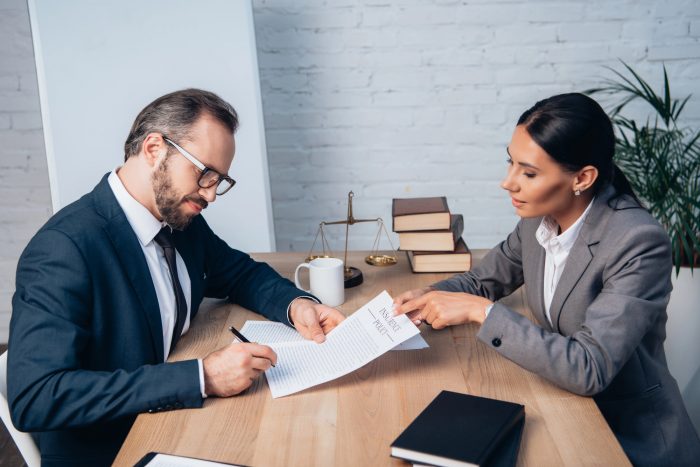
Choosing a criminal lawyer on the Central Coast isn’t just about qualifications—it’s about trust, communication, and proven expertise. Take time to ask the right questions, watch for red flags, and ensure you feel confident in your choice.
If you’re ready to protect your future, consider speaking with an experienced Central Coast criminal lawyer who understands the local courts and can provide strong, reliable representation.




